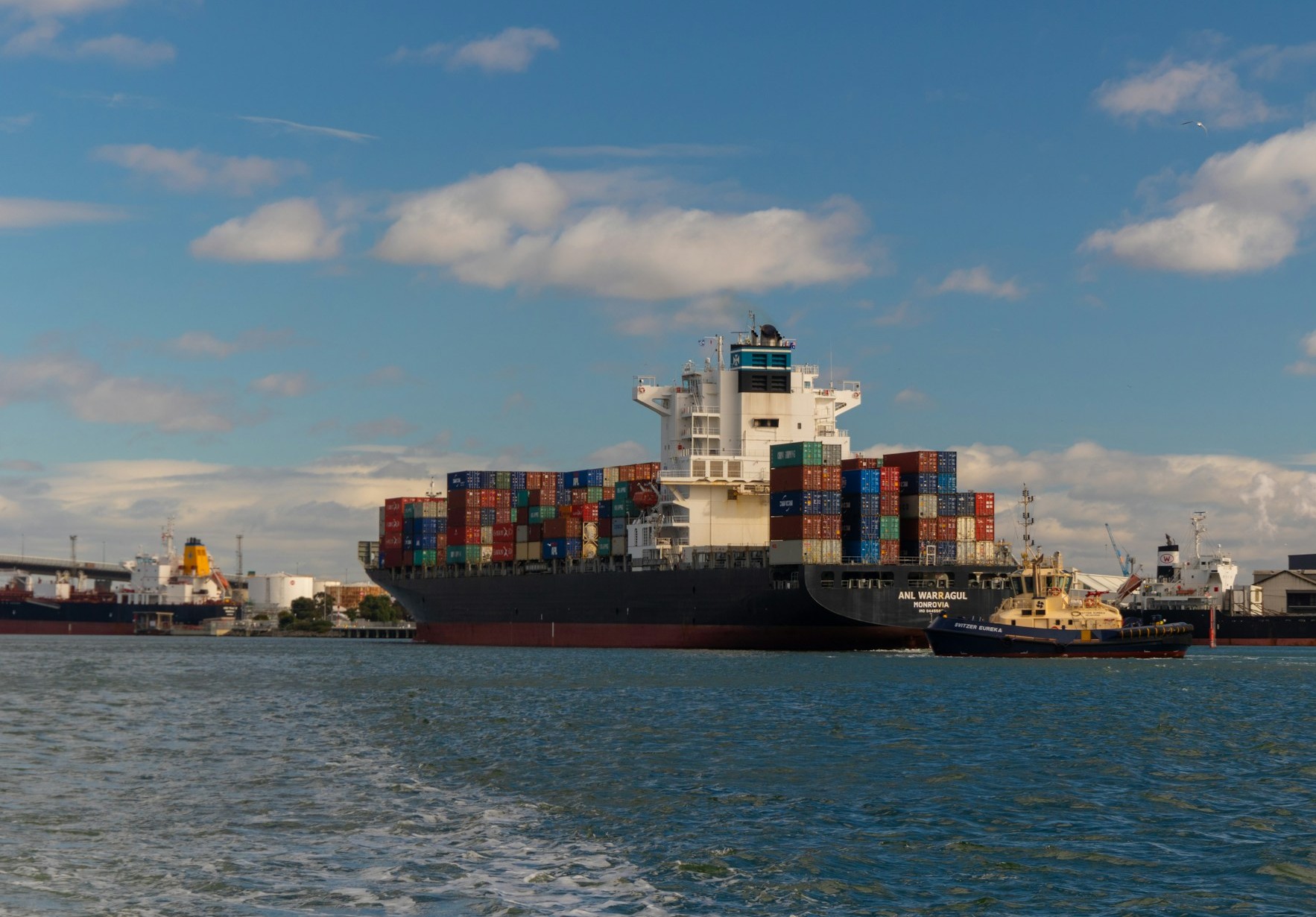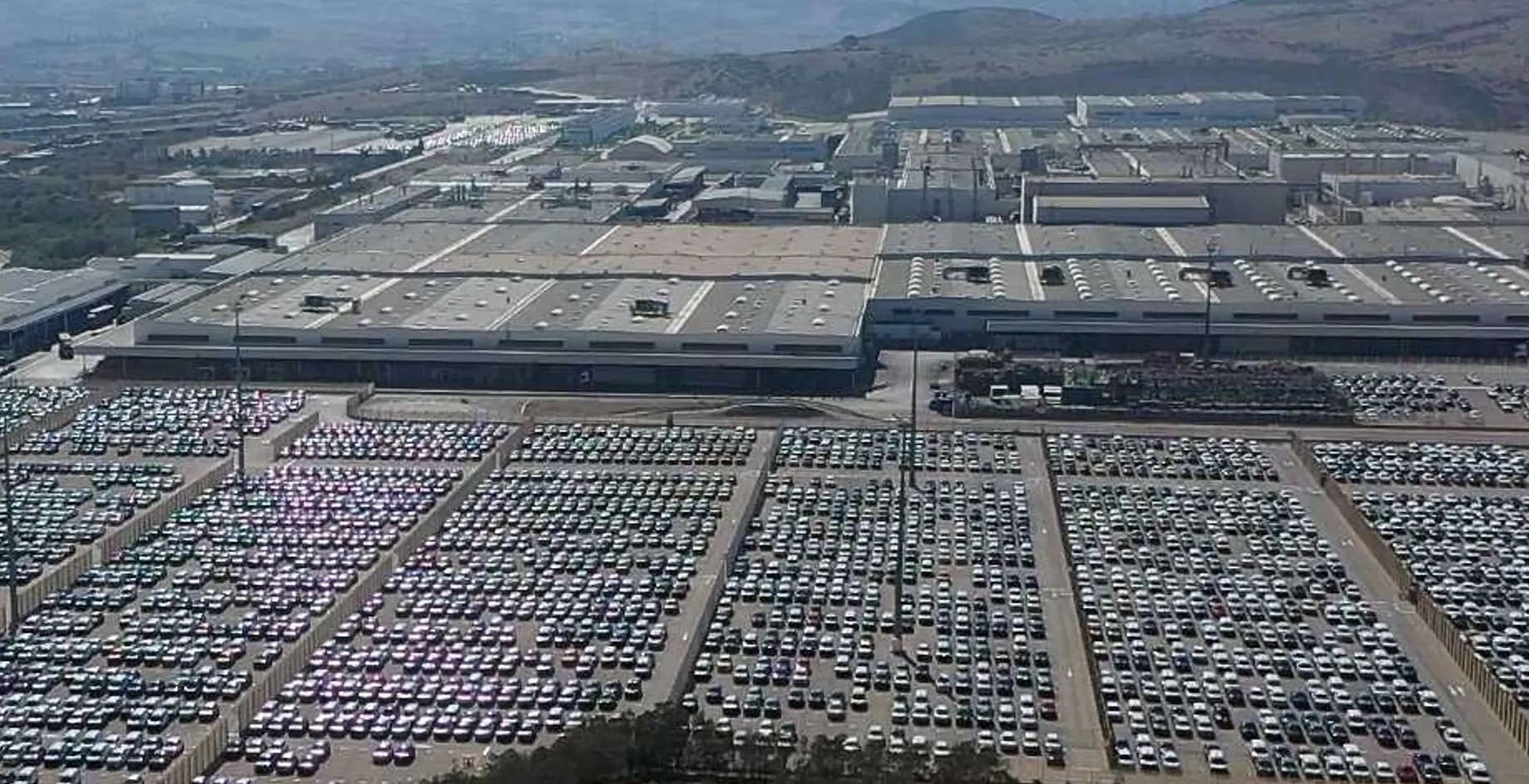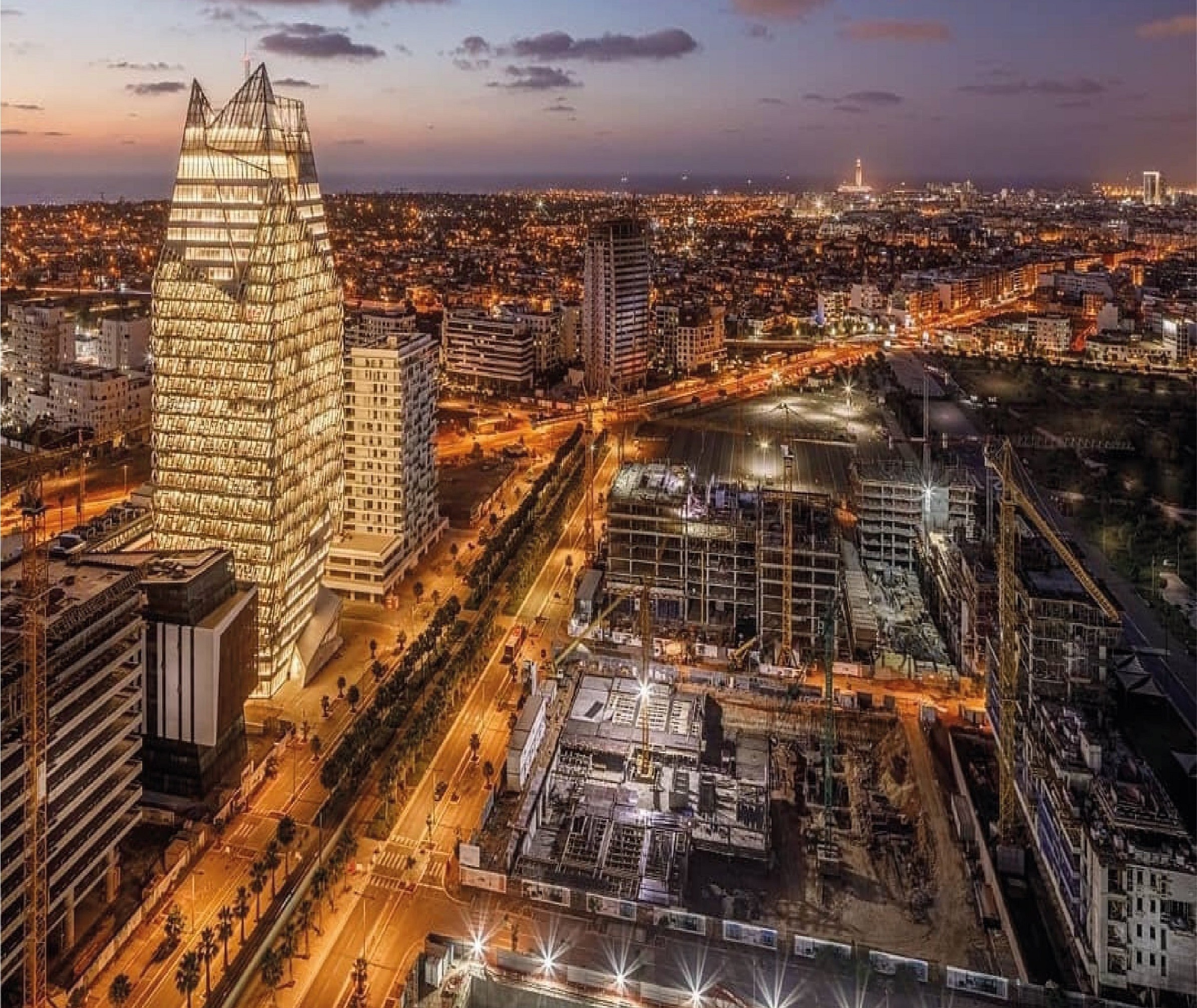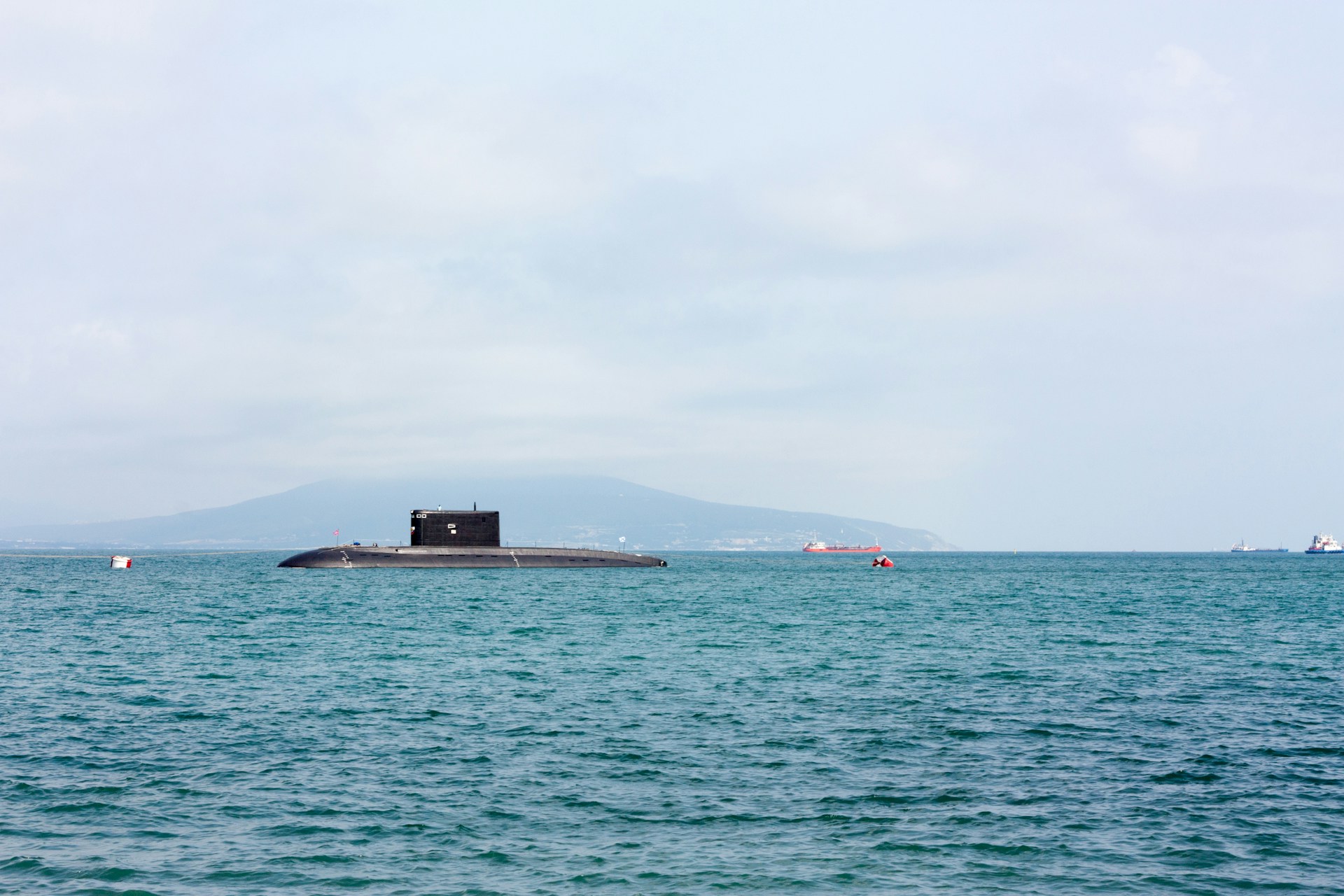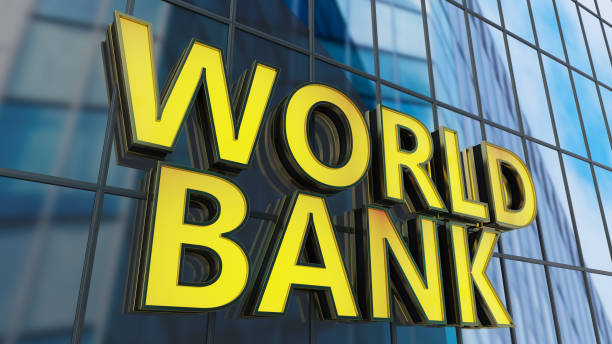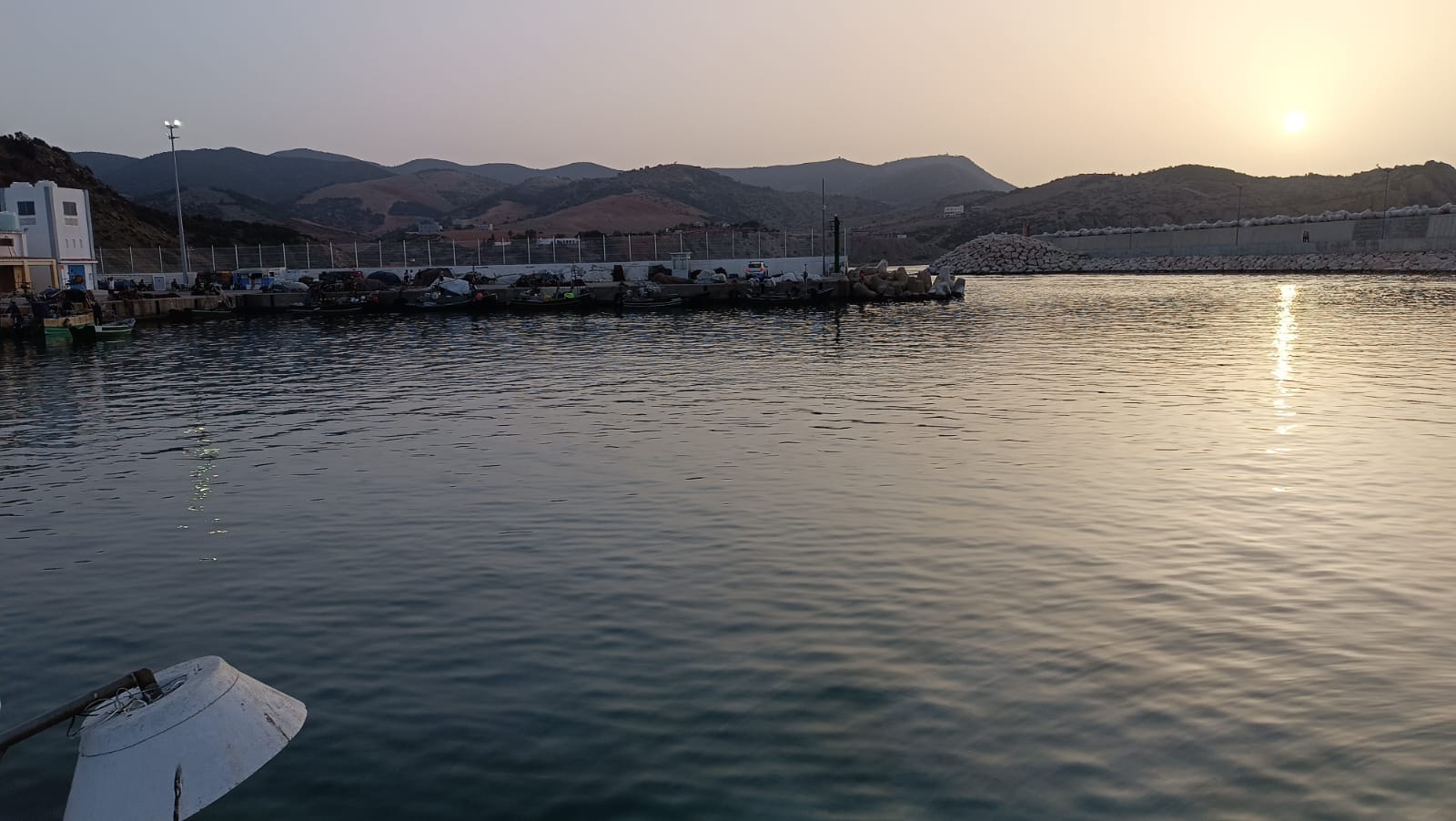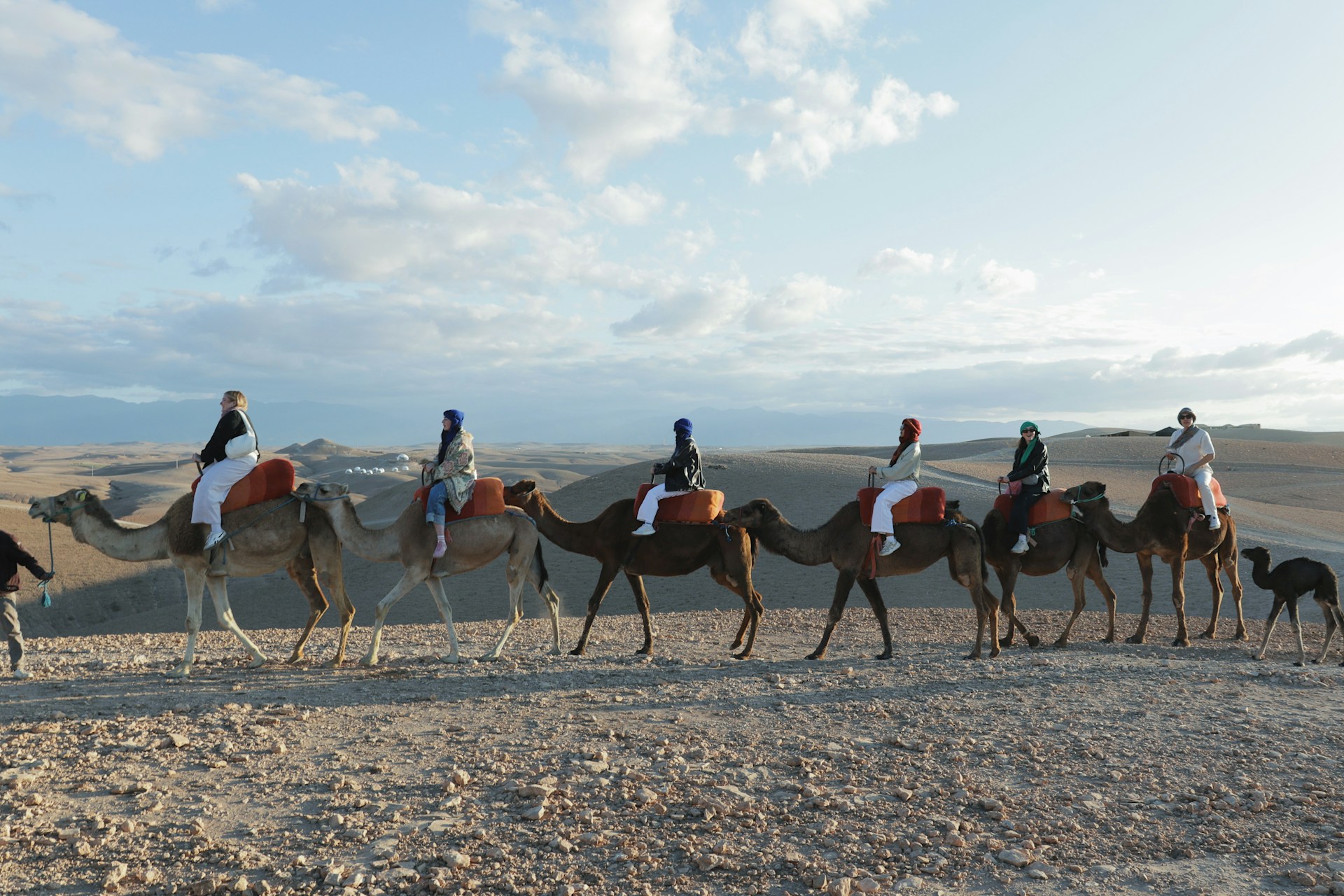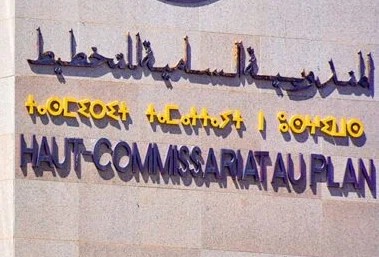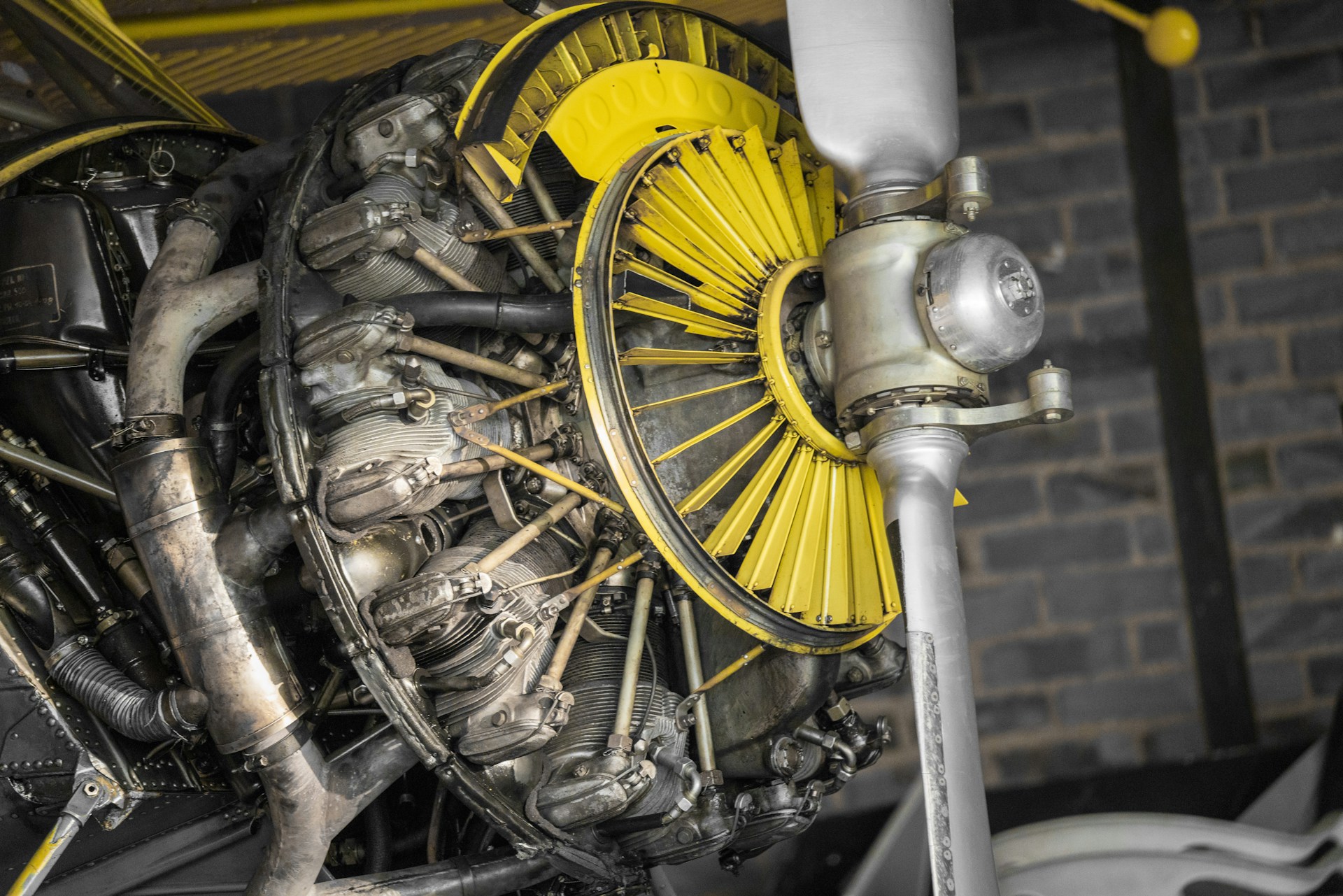Casablanca – Morocco is steadily cementing its status as the most attractive destination for mining investment in Africa. The country has made significant progress in international rankings, surpassing several traditional mining powerhouses both across the continent and worldwide. According to the 2024 annual survey by Canada’s Fraser Institute, Morocco ranked 18th globally among 82 countries and regions assessed for their appeal to mining investors—placing first in Africa and confirming its growing reputation in the global mining industry.
This advancement marks a notable improvement from 27th place in 2023, reflecting Morocco’s ongoing efforts to enhance the quality of its mining resources and improve its investment environment. The Fraser Institute index, a respected reference in the sector, evaluates countries based on two key components: geological potential and policy perception, which together determine overall investment attractiveness.
Leading the African mining landscape
With a score of 74.7 out of 100, Morocco outperformed major African mining countries such as Botswana (ranked 20th), Zambia (28th), Ghana (46th), South Africa (68th), and the Democratic Republic of Congo (58th). Ethiopia ranked last both in Africa and globally at 82nd, highlighting the wide disparities in mining conditions across the continent.
Morocco also performed strongly in the Geological Potential Index, which assesses the quality and accessibility of natural resources under ideal policy conditions. The country ranked 11th globally out of 58, with a score of 77.27, underlining the depth of its mineral reserves. Morocco is particularly well endowed with phosphates, holding over 70% of the world’s known reserves, as well as strategic minerals such as cobalt, lead, zinc, and barite—increasingly vital to the global clean energy and technology supply chains.
Reforms and policy framework
While rich resources are a core strength, investment decisions are also shaped by policy and regulatory environments. Morocco scored 70.84 points in the Policy Perception Index for 2024—a decline from 86.53 in 2023, which saw its rank in this category fall from 12th to 28th. Despite this drop, the country continues to perform better than most of its African peers and remains a favorable investment location.
Investors generally appreciate Morocco’s regulatory stability, clarity of legal frameworks, and openness to foreign capital. However, the report did note several ongoing challenges, including lengthy permitting processes, administrative delays, and insufficient infrastructure in some mining areas, all of which could impact future investment decisions if not addressed.
Long-term vision and infrastructure development
Morocco’s advancement is closely tied to its long-term planning. The National Mineral Strategy, launched in 2013, and the Morocco Mining Plan 2021–2030 have laid out a clear roadmap for the sector’s development. These plans aim to diversify mineral production, modernize value chains, and encourage private sector participation, all while positioning mining as a key pillar of sustainable economic growth.
The National Office of Hydrocarbons and Mines (ONHYM) has played a central role by improving access to geological data, digitizing technical information, and boosting transparency—key elements for investors looking to enter or expand in the Moroccan market.
One of the standout infrastructure achievements is the Jorf Lasfar–Khouribga (J2K) desalinated water pipeline, constructed by the OCP Group. The project delivers water over more than 200 kilometers from the Atlantic coast to Khouribga, the world’s largest phosphate mine, and also aims to support local potable water supplies. This initiative reflects Morocco’s commitment to integrating sustainable infrastructure into its mining sector.
Global and regional outlook
At the global level, countries such as Finland, Nevada (USA), and Alaska (USA) lead the Fraser Institute rankings, thanks to their rich resources and highly efficient regulatory systems. While Morocco is not yet on par with these leaders, its position among the top 20 globally and its lead in Africa signal its growing competitiveness on the world stage.
As global industries seek secure sources of critical minerals to support energy transition and digital technologies, Morocco is increasingly seen as a reliable and forward-looking partner. To maintain and build on this momentum, the country is expected to continue improving infrastructure, simplifying regulatory procedures, and ensuring policy consistency.
Morocco’s growing appeal to mining investors is driven by a powerful combination of natural resource wealth, strategic reform, and investment in infrastructure. Its improved global standing is not just a reflection of its subsoil potential, but also of its ongoing efforts to create a modern, transparent, and investor-friendly mining environment—positioning the country as a rising leader in the global mining economy.
